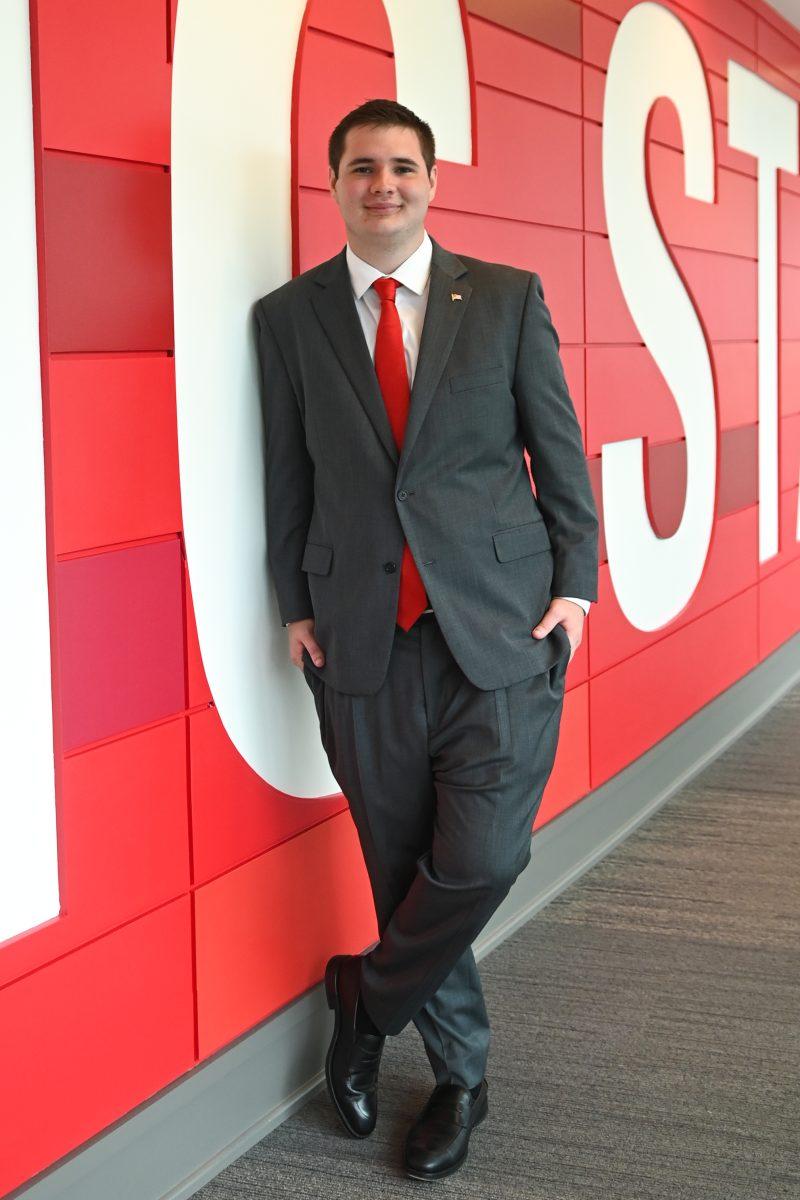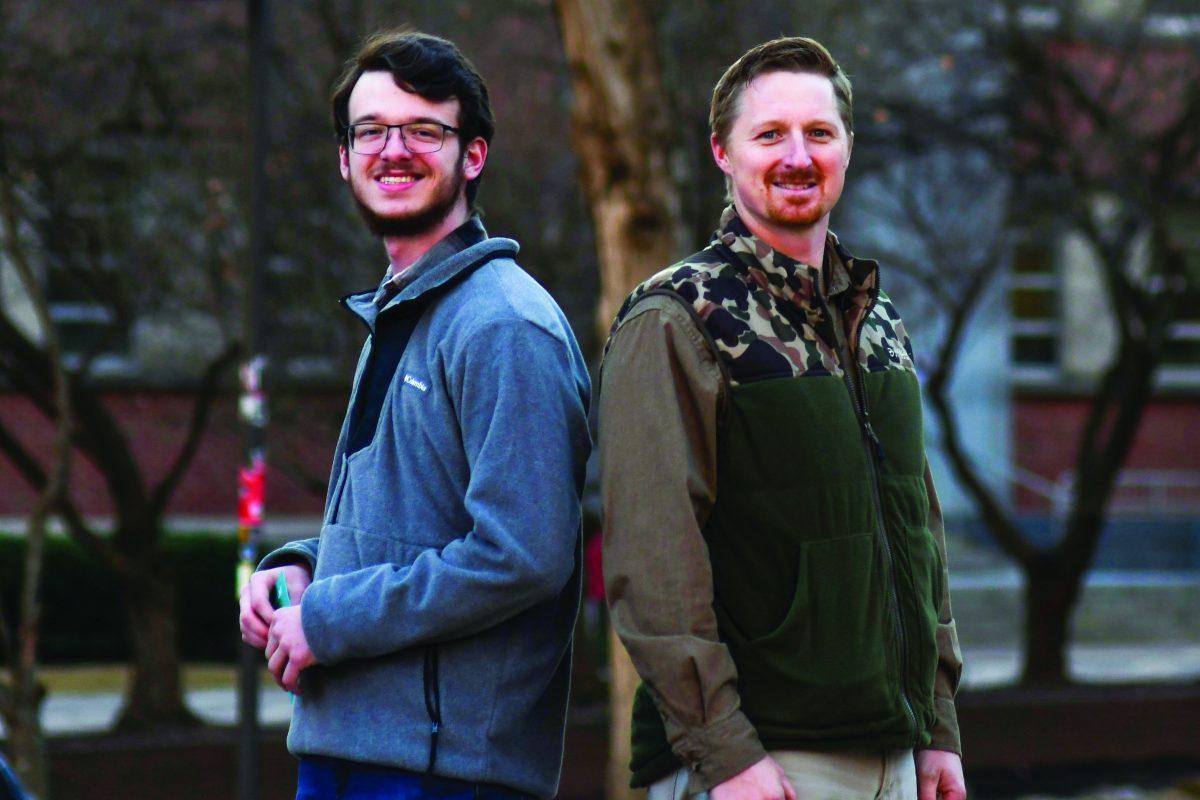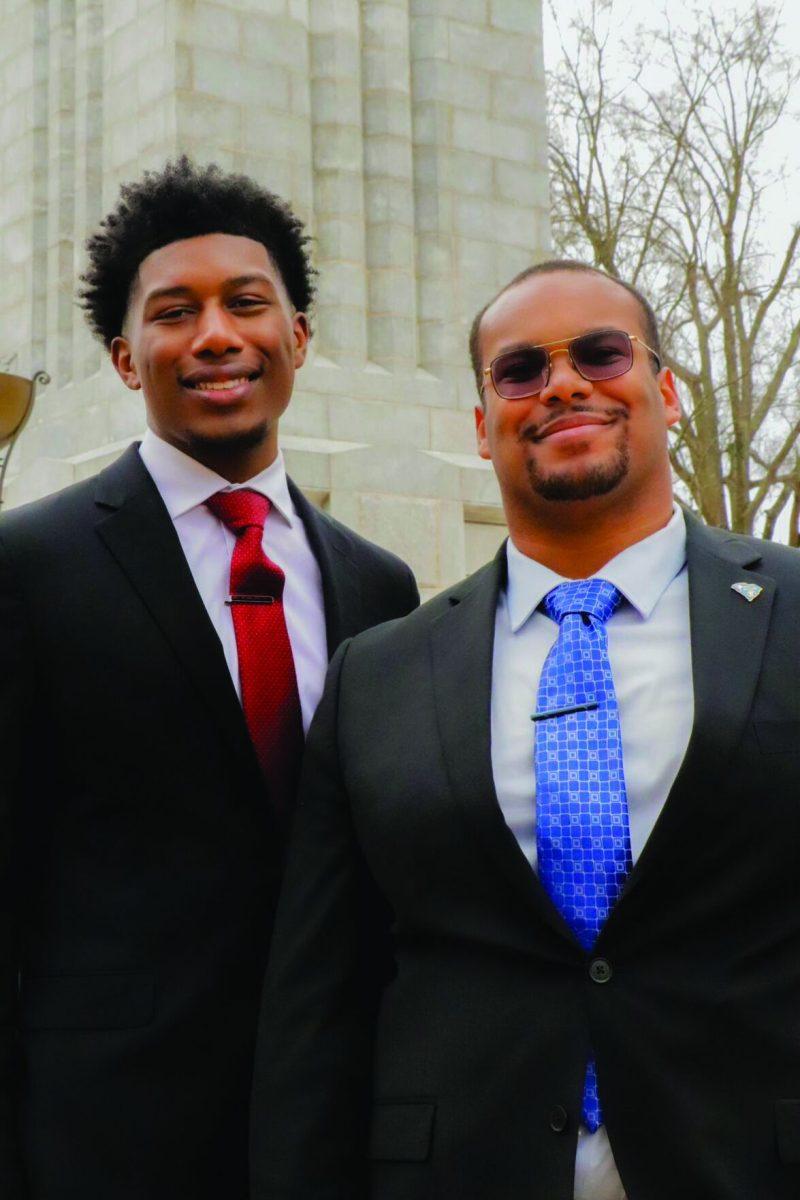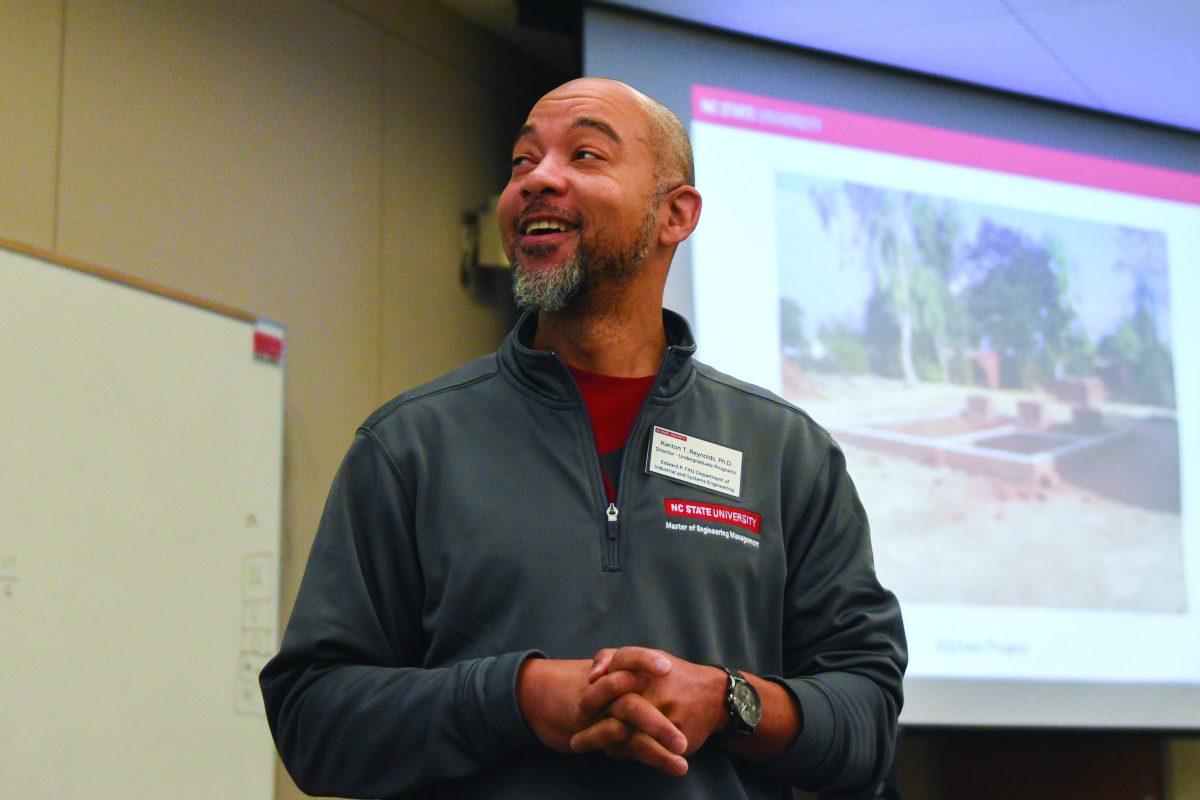Paul Lewis, a second-year studying engineering, a student senator and a self-identifying conservative, is preparing to vote in his first general election. His vote may offer a glimpse into the future of the Republican Party.
Growing up in a tiny coastal community of just 300 people, Lewis was shaped by small-town conservative values and a strong Christian faith. However, his experiences at NC State and involvement in campus politics have broadened his perspective.
“I’m not a Republican, I’m not a Democrat, I am unaffiliated,” Lewis said. “That’s what I think most Americans are.”
Still, Lewis leans conservative on most issues and plans to vote for former President Donald Trump, despite some reservations about Trump’s rhetoric and character.
“I try to push the point that you’re not voting for the person,” Lewis said. “You’re more so voting for the policy.”
For Lewis, the economy is the most pressing issue. He worries about high inflation eroding the purchasing power of fixed-income seniors in his hometown and jeopardizing his own generation’s financial future.
“We’re coming into a period where this is one of the first times the future generation isn’t going to have it as good as the previous generation,” Lewis said.
He believes Trump’s economic policies, including tax cuts and deregulation, would benefit young professionals like himself entering the workforce. Lewis also supports Trump’s tough stance on illegal immigration and emphasis on law and order.
However, Lewis acknowledges Trump’s controversial statements and tweets have often been unhelpful or offensive. As a Christian, he struggles to reconcile some of Trump’s past comments with his faith.
“Trump has made plenty of comments, very derogatory comments, especially in relation to women,” Lewis said. “I think he’s become more presidential … I think he learned that it’s better for America, it’s better for foreign relations, for him not to go up there and call Kim Jong Un ‘little rocket man.'”
On social issues, Lewis holds traditional conservative views but is open to some compromise. He opposes late-term abortions but could support allowing the procedure early in pregnancy.
“My ideal belief … is somewhere between heartbeat and first trimester,” Lewis said.
As vice president of Turning Point USA at NC State, Lewis is actively engaged in campus politics. However, he laments the polarization he sees among his peers.
“I encourage them to talk about an open discourse,” Lewis said of liberal classmates. “You’ll be very surprised on how much we actually agree on.”
Lewis brings a unique perspective as an aspiring coastal engineer. A high school project addressing local flooding sparked his interest in infrastructure and led to a $250,000 state grant to fix drainage issues in his hometown.
Now, he hopes to return to the coast after graduation to work on bridges, drainage structures and other critical infrastructure. While he acknowledges climate change is occurring, Lewis is skeptical of dire predictions and believes America is already doing more than most countries to address the issue, referencing a lack of evidence from his hometown.
“We have docks where we are, and these docks have been there over 100 years,” Lewis said. “The average tide still falls where the dock is. It really hasn’t changed.”
As Election Day approaches, Lewis remains conflicted about some down-ballot races, particularly the North Carolina governor’s contest. He admires Democratic Attorney General Josh Stein’s record of taking on corporations but also agrees with many of Republican Lt. Gov. Mark Robinson’s economic policies.
Ultimately, Lewis represents a new generation of young conservatives — more moderate on some social issues, deeply concerned about the economy and willing to overlook character flaws in exchange for preferred policies.














